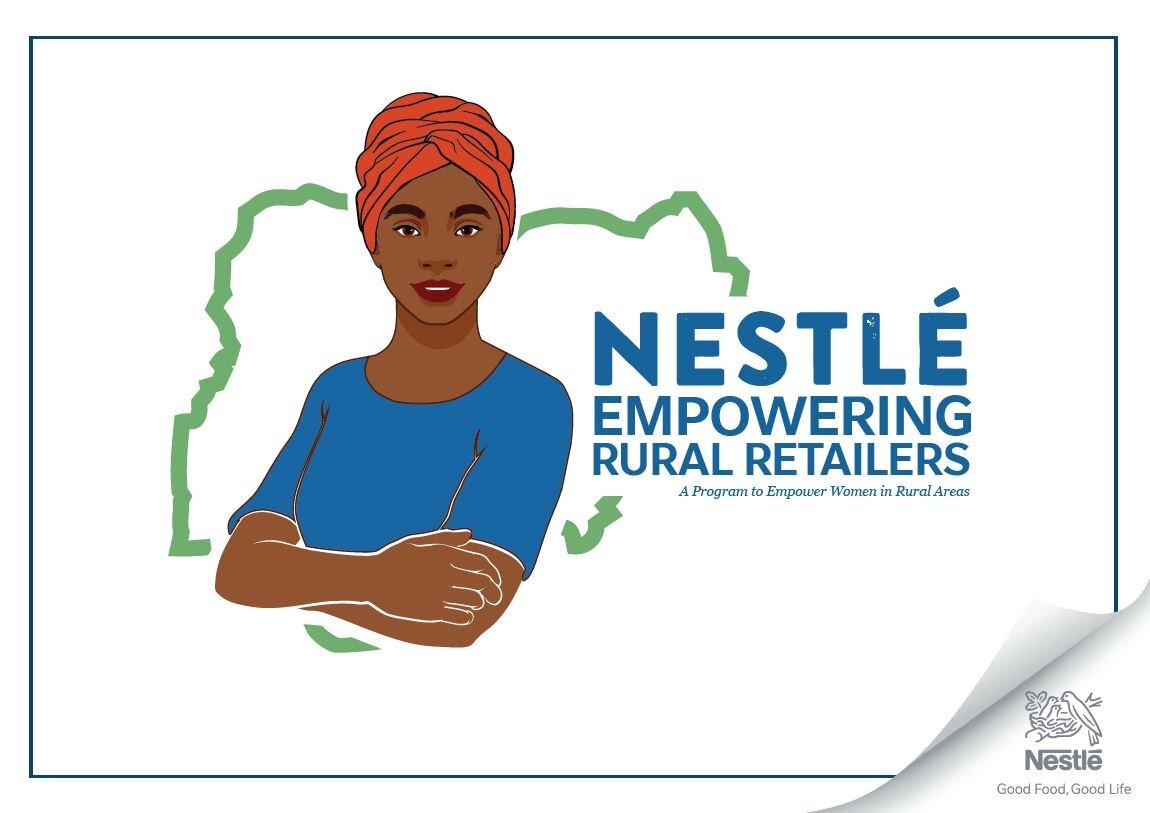Nestlé Nigeria has restated its commitment to train the next generation of farmers in its GOLDEN MORN Agripreneurship Series.
The company made this known in a statement signed by its Corporate Communications and Public Affairs Manager, Mrs Victoria Uwadoka, on Wednesday in Lagos.
The GOLDEN MORN Agripreneurship Series in partnership with the Enterprise Development Centre (EDC) of the Pan-Atlantic University, to enhance youth participation in the agriculture started in October 2021.
Uwadoka noted that 200 youths benefited from the GOLDEN MORN Agripreneurship webinars in its fourth season.
She added that seven of the beneficiaries had received N3.5 million to scale their businesses.
“Raising the next generation of farmers and “agripreneurs” is critical, not just for ensuring the availability of grains for meeting GOLDEN MORN’s needs, but also for building thriving communities and sustained economic advancement.
“This is done through training and provision of grants for the most promising agriculture business proposals by the beneficiaries.
“The beneficiaries are exposed to different aspects of the agricultural value chain and are provided with seedlings and mentorship to help them succeed as farmers post training,” she said.
Uwadoka said that the company would continually drive societal progress by creating shared value across their value chain.
“Nestlé is driving impact at scale across critical socio-economic sectors including agriculture to build a sustainable mutually beneficial ecosystem.
“The GOLDEN MORN Agripreneurship Series seeks to train and provide support to young entrepreneurs in the agricultural sector in order to promote sustainable food systems in Nigeria.
“Over the years, the brand has consistently supported the growth of a thriving ecosystem of farmers, and is now attracting and equipping young agripreneurs who will ensure continuity from the current generation.
“Equipping these future farmers will ensure continuous supply of high-quality grains to Nestlé while contributing towards ensuring nutrition and food security to cater to our rapidly growing population estimated to reach 400 million by 2050,” Uwadoka said.









